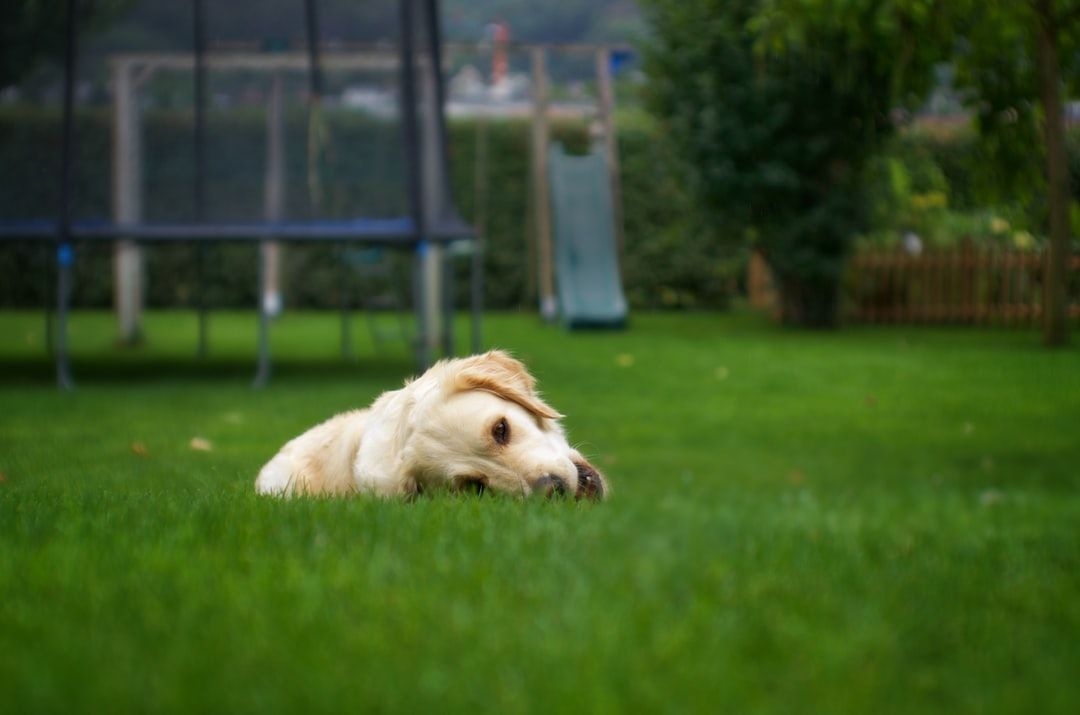Naturally, guardians want to allow their dog’s off lead so they can have more freedom, whilst being assured they can trust their dog to return when called. Sadly, this is often not the case, leading guardians to either keep their dog on the lead or to disregard others and allow their dog to run riot. Neither outcomes are desirable, thus it is important to understand what actions affect your dog’s ability to return to you when called. This blog is going to discuss 3 mistakes to avoid when working on your dog’s recall and the solutions.
Negative Recall Associations
One of the most common reasons for poor recall, is the negative association dogs form when their guardians call them. Imagine your dog is off lead and running around joyfully. You then call your dog to you and the moment your dog returns, you put him back on the lead and go home. What did your dog just learn? Coming back to you means the end of his freedom and fun. This is when your dog will start running off the moment he sees the lead and you have to chase him, feeling incredibly frustrated and embarrassed. Its important to understand that your dog isn’t being wilful or disobedient, rather he will do what is most rewarding to him and running around off lead and being chased is definitely more rewarding that being restricted on the lead and going home.
You need to start practicing recalling your dog in your home and garden and then putting the lead on, as you give him a treat. Then, immediately take the lead off and tell him to go play. You need to keep repeating this exercise because you are creating a new association with recall. Your dog is learning that “Coming back to you and having the lead on, doesn’t mean end of fun because I can go and play again”. Once you have practiced this in the home, you should practice on a quiet field with a long line until your dog is confident enough to be off lead. Its important to remember that if you go back to recalling your dog, only when you intend to leave, your dog will make that negative association again and it will undo all your hard work. So continue to recall your dog several times during your walks to keep your dog in practice.
Only Practicing Recall in the Event

Many make the mistake of only practicing recall during the events where they need it most. They may take their dog to a busy dog park where there are lots of other dogs running around amongst other distractions. Their dog is suddenly too far away and they are calling them back but they won’t come. Why? If you have not practiced recall in a quiet environment, how is your dog be expected to return despite lots of distractions? The environment is going to be so much more interesting and rewarding than you are and your dog will gravitate to whatever is most rewarding for him.
Before even attempting recall with your dog in such a busy environment, you need to practice at home. Dog trainer Simone Muller advises that “You should practice for the event, not in the event.” You wouldn’t teach a young child to swim by taking off their armbands and taking them to the deepest end of the pool, so you shouldn’t teach your dog recall by letting them off lead and taking them to the most distracting environment possible. Therefore, you need to start practicing at home and add distractions gradually to strengthen that skill at your dog’s learning pace.
Shouting at Your Dog

When a dog does fail to return when called, many guardians get angry and so they punish their dog when they finally do return. If you shout at your dog the moment they come back, what does this teach him? Your dog doesn’t reason that you have a right to be mad and that they should come back to you quicker next time. Instead they simply think “I get in trouble when I come back you so I won’t come back next time”, to avoid punishment. Shouting at your dog will only weaken your recall because it teaches him that proximity to you is a bad place to be.
You need to avoid punishing your dog when they come back to you, no matter how many times you called them or how long you waited. You should see this as a sign that your dog wasn’t ready to be off-lead and that his recall needs practice. You will also need to teach your dog that being near to you is a great place to be. You can do this by using games and high value treats every time your dog comes near you on a walk. No matter how long it takes for your dog to return to you, you should always be enthusiastic because it will move your dog to want to come to you quicker next time.
Therefore, it's critical to avoid doing anything that creates a negative association with retuning to you. If your dog struggles with recall, see this as a sign that he needs your help to practice because like any skill, it takes lots of time and practice to develop and your dog can’t accomplish it without your encouragement.
Start Your FREE Skill-Hub Trial Today
Commitment Free 3 Day Access
Canine Principles' Skill-Hub allows unlimited* access to ALL self-study courses, workshops & webinars.
*Requires Monthly Subscription. See Skill-Hub Subscription Page For Details.

